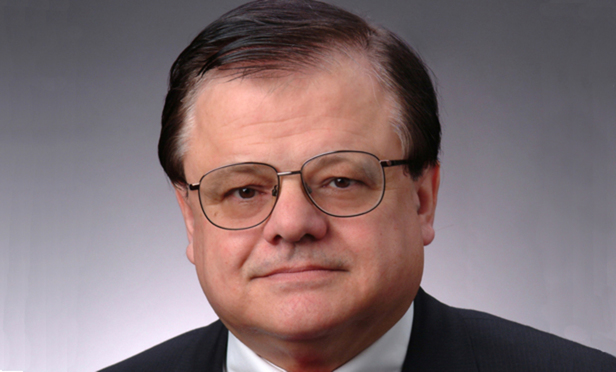Since the advent of expert witnesses, courts and legislatures have struggled to develop a standard that would govern the admissibility of expert testimony.1 It is the traditional rule in New York, as stated in 2013 by the Court of Appeals, that expert testimony is properly admitted only “if it helps to ‘clarify an issue calling for professional or technical knowledge, possessed by the expert and beyond the ken of the typical juror.’”2 This standard as judicially developed is one of strict necessity, which precludes the admissibility of expert testimony if a jury of average intelligence and experience can understand the relevant facts and form a proper conclusion based solely upon them.3
Notably, the Federal Rules of Evidence and the evidence codes of the vast majority of the states that follow the Federal Rules make the test of admissibility to turn on whether the expert’s “scientific, technical or other specialized knowledge will help the trier of fact to understand the evidence or to determine a fact in issue.”4 Under this standard, helpfulness supplies the ground for admission of expert testimony. Adoption of this standard evinced an emphatic rejection of the necessity standard.5
This content has been archived. It is available through our partners, LexisNexis® and Bloomberg Law.
To view this content, please continue to their sites.
Not a Lexis Subscriber?
Subscribe Now
Not a Bloomberg Law Subscriber?
Subscribe Now
LexisNexis® and Bloomberg Law are third party online distributors of the broad collection of current and archived versions of ALM's legal news publications. LexisNexis® and Bloomberg Law customers are able to access and use ALM's content, including content from the National Law Journal, The American Lawyer, Legaltech News, The New York Law Journal, and Corporate Counsel, as well as other sources of legal information.
For questions call 1-877-256-2472 or contact us at [email protected]



